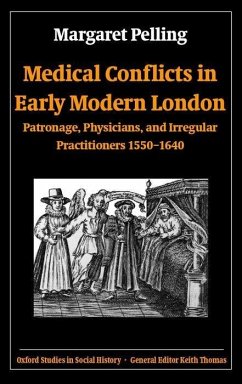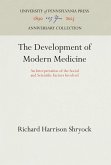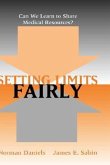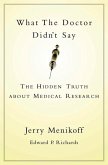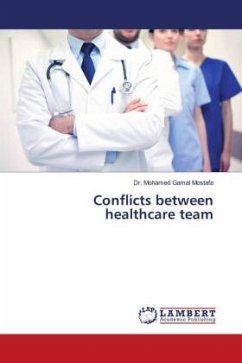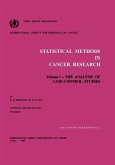Many were London artisans, barber-surgeons and apothecaries who can be seen as the 'excluded middle' between the two better-known extremes of the physician and the quack. In suppressing artisan practitioners, the College was also seeking to suppress contractual or 'citizen' medicine, an alternative system of structuring relations between the active patient and the practitioner which was fully integrated in contemporary urban custom and practice, but which has since disappeared. The College's selective account also inadvertently reveals the existence of female artisans who practised medicine outside the household routinely and for payment. Although distorted by the College's proximity to the Crown and to elite patrons, the Annals of the College give access to the rich variety of medical practice in early modern London and to the forms of resistance and self-presentation with which those outside the College justified, or denied, their identity as practitioners.
This is the first comprehensive analysis of the best single record we have which details the many medical practitioners in early modern London. It reveals the attitudes and realities in the conflict between the College of Physicians and the practitioners, whom the College regarded as illicit or irregular. In so doing, the book challenges the assumptions we make about the dominant professional values of modern western society.
This is the first comprehensive analysis of the best single record we have which details the many medical practitioners in early modern London. It reveals the attitudes and realities in the conflict between the College of Physicians and the practitioners, whom the College regarded as illicit or irregular. In so doing, the book challenges the assumptions we make about the dominant professional values of modern western society.

